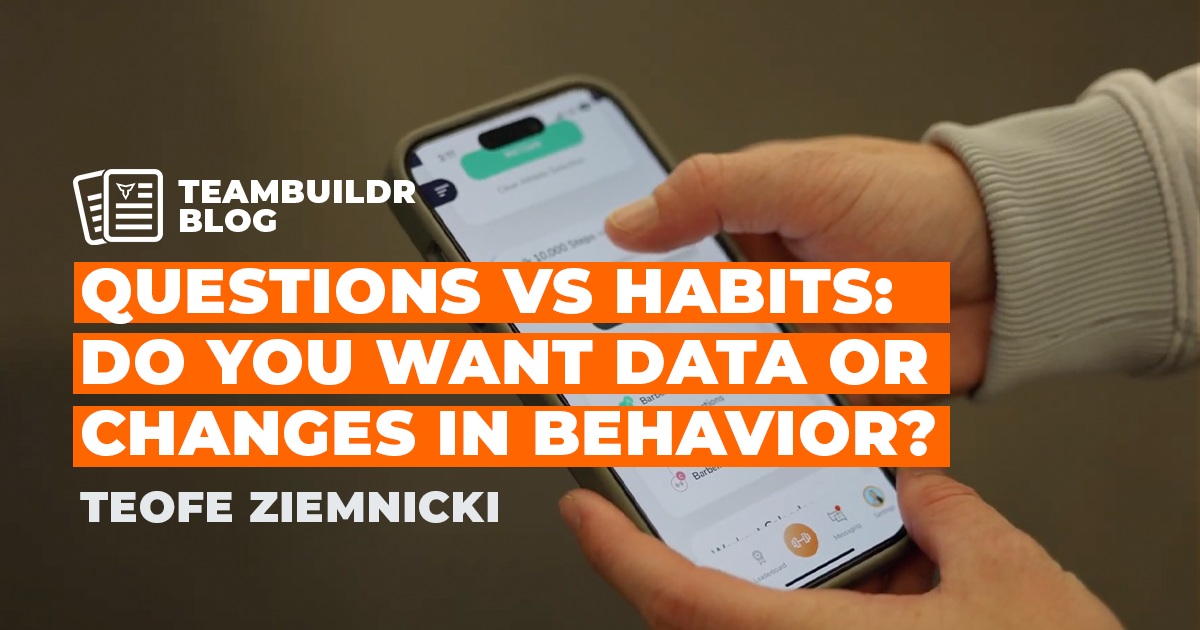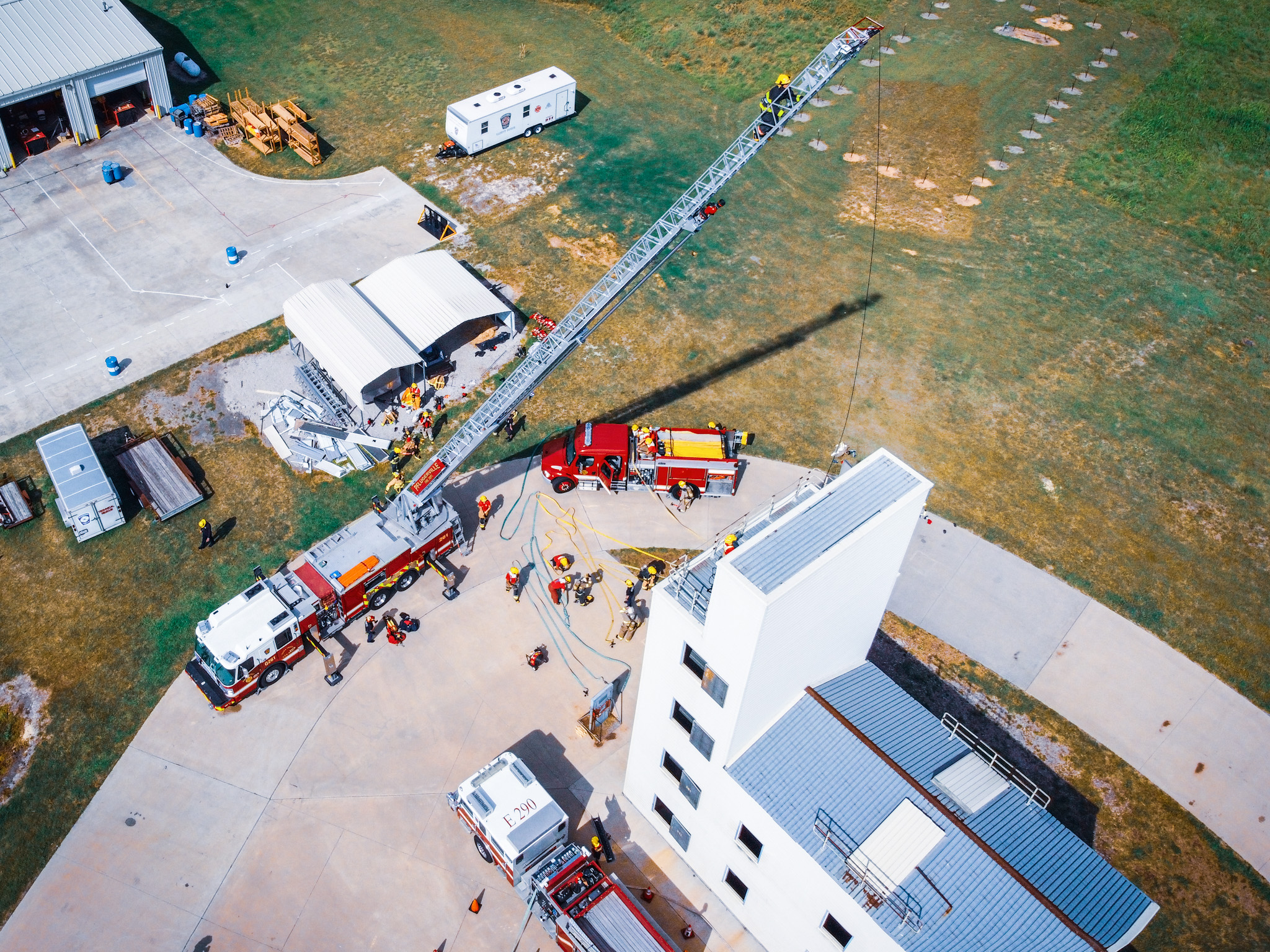Making Sense of Monitoring: How Coaches Can Use Habit Tracking to Drive Athlete Performance
Josh Bullock, PhD(c), MS, MBA, RSCC*E, is a human performance professional with over 20 years of experience in strength and conditioning, sport science, and athlete development. He has worked with collegiate, Olympic, and professional athletes and has designed academic and applied programs focused on the integration of performance training, wellness, and behavior modification. Josh is currently an Exercise Physiologist at Intermountain Health – Park City, where he specializes in biomechanics and athlete performance, and is pursuing a PhD in Kinesiology. His expertise in both science and coaching provides the foundation for this course on applied behavior modification.
Strength and conditioning coaches today have access to more data than ever before. Wellness surveys, readiness scores, GPS metrics, and continuous monitoring wearable devices all claim to provide insights into athlete performance. But with so many tools available, the question becomes: How do coaches make sense of it all and then derive appropriate interventions?
Foremost, it's important to distinguish the different forms of monitoring available to coaches.
- Wellness monitoring encompasses a holistic view of the individual across multiple domains: physical, social, emotional, environmental, occupational/academic, mental, financial, and spiritual well-being. It provides broad insight into how athletes are functioning both within and beyond sport.
- Readiness monitoring focuses more narrowly on short-term preparedness for training or competition, often measured through physiological or subjective indicators such as HRV, sleep duration, muscle soreness, or perceived readiness.
- Habit and behavior tracking, on the other hand, target specific daily actions athletes can change, sustain, or improve, such as hydration, nutrition, mobility routines, or recovery practices. Together, these tools complement each other: wellness provides a holistic context, readiness highlights immediate capacity, and habit tracking creates the pathway for lasting behavior change.
Coaches know the story well, athletes show up tired, miss meals, skip recovery, or fail to stay consistent outside of structured training. Even when wellness or readiness data highlights these issues, the challenge remains: How do we change the behavior behind the numbers? This is where behavior modification becomes essential. By applying simple, evidence-based strategies, coaches can use monitoring data to shape consistent, positive behaviors that support both performance and long-term well-being.
To help coaches cut through the noise, I’ve developed a new course with Teambuildr: Applied Behavior Modification in Coaching: Leveraging Habit Tracking for Human Performance. This four-module course is designed to make sense of wellness monitoring, readiness monitoring, and habit tracking while equipping coaches with practical strategies to influence athlete habits and ultimately, behavior. The course covers the foundations of behavior modification and Social Cognitive Theory, explores where each form of monitoring fits in practice, teaches coaches how to design habit-tracking interventions using proven behavior change techniques, and shares real-world case studies that demonstrate how to put these ideas into action.
By the end of the course, coaches will walk away with clarity on how wellness, readiness, and habit tracking intersect. They will receive habit-tracking recommendations and an intervention planning framework, case studies showing behavior-driven performance improvements, and actionable strategies to build accountability and motivation in athletes. Most importantly, they will learn how to move beyond dashboards and metrics to make data meaningful through applied behavior modification.
Athletes today live in an environment flooded with information but short on application. Coaches who can bridge the gap between monitoring and behavior change will not only collect better data but also create sustainable systems that improve performance, recovery, and overall wellness. Habit tracking does not replace wellness or readiness monitoring; it complements them. Together, these approaches ensure that coaches don’t just observe athlete states but actively help shape them.
If you’re ready to move beyond raw data and start shaping athlete behaviors that drive performance, join us for this course. Together with Teambuildr, we’re giving coaches a clear framework to integrate wellness, readiness, and habit tracking into daily practice.
Subscribe to our blog
Subscribe to receive the latest blog posts to your inbox every week.
Related posts

Questions vs. Habits: Data Collection or Behavioral Change?

How to Coach Firefighters: Building Strength, Endurance, and Resilience

.png?width=1200&height=400&name=course%20blog%20cta%20(1).png)